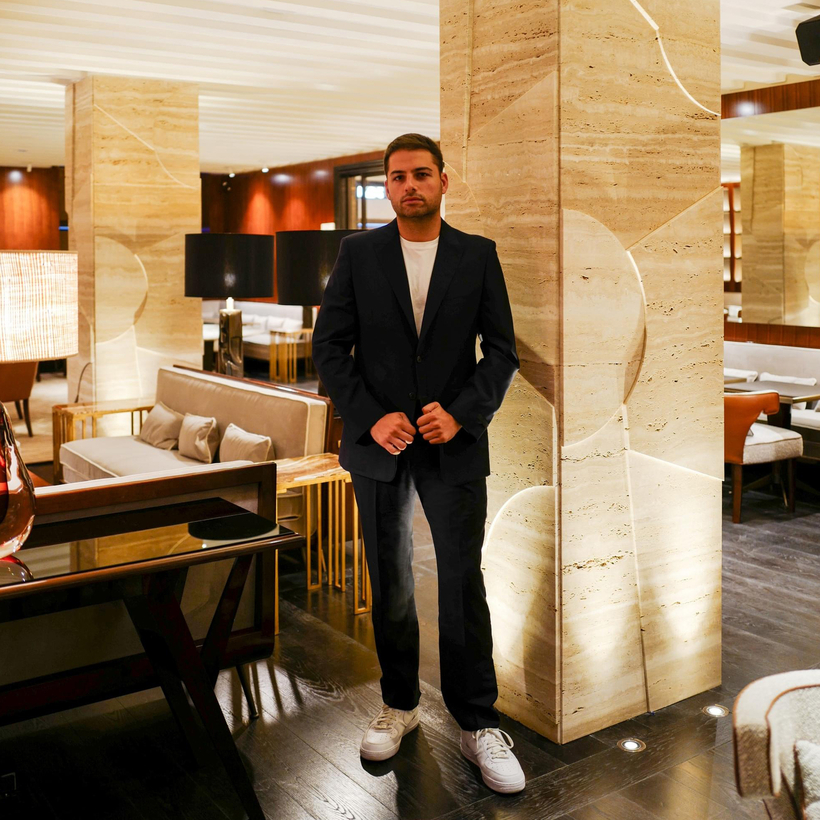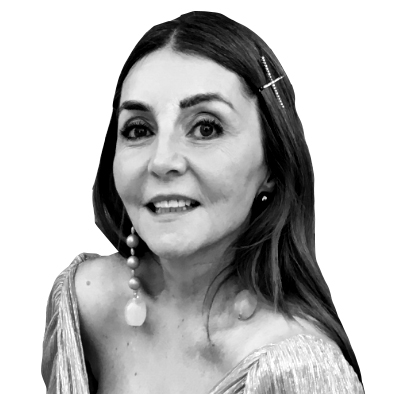New York’s hospitality industry can be downright forbidding to outsiders. In the best of times, it’s a blood sport, and now there’s a new player: the Reuben Brothers, an English property-and-investment empire that aims, according to principal Jamie Reuben, to become the “LVMH of real estate” and “re-invigorate the Upper East Side.” A) Does the Upper East Side need re-invigorating? And B) Is there room for more hospitality, especially from British outsiders?
The young executive driving the charge is Reuben, a 37-year-old member of the firm that was co-founded by his father, David, and his uncle, Simon, in 2002. Now both in their 80s, their collective net worth was recently valued at $32 billion. Jamie is spearheading his family’s assault on American hospitality to pick the right real estate and select the architecture, design, and management teams to bring these hospitality openings to life.


